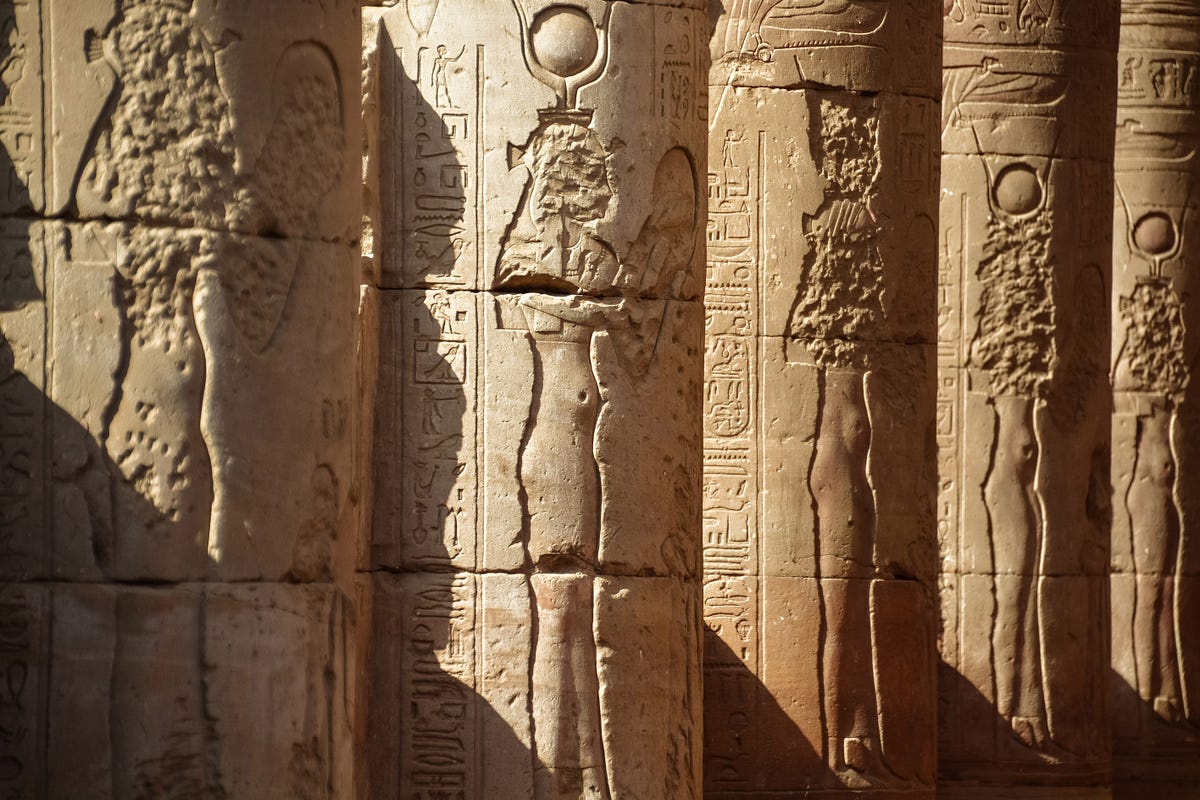nadellii
Active member
Ancient Egypt and Greece hav had so much influence over each other, perhaps more than any other ancient civilizations. This article specifically focuses on the impact of Egypt on Ancient Greece.

Follow along with the video below to see how to install our site as a web app on your home screen.
Note: This feature may not be available in some browsers.
This is really interesting! Thanks for sharing this.Ancient Egypt and Greece hav had so much influence over each other, perhaps more than any other ancient civilizations. This article specifically focuses on the impact of Egypt on Ancient Greece.

This article and others I have read show that, chronologically, ancient Egyptian architecture and sculpture inspired the creation of Greek temples and statues, and partially influenced their style. Other authors have claimed that the Greek alphabet was derived from the Phoenician [a Semitic] alphabet, which I have disproved in a chapter. And, as far as I know, no author of antiquities has claimed influence of paleolithic Occitan (cave) painting and (clay) sculpture on Egypt or on the Greek world. Anyway, the author of the cited article wrote it in order to fight racism against Egyptians, who, as Africans, are presumed to be negroid people. Well, if we look at the ancient Egyptian paintings, statuettes, and the face of the Sphynx, we see that most Egyptian men (with sun tanned faces) and women (with whitish faces) are Caucasian. I claim that the most ancient populations by the Nile, the Hindus River, and many other rivers were ethnically the same -- "Proto-Greek" -- and so were their languages.Ancient Egypt and Greece hav had so much influence over each other, perhaps more than any other ancient civilizations. This article specifically focuses on the impact of Egypt on Ancient Greece.

